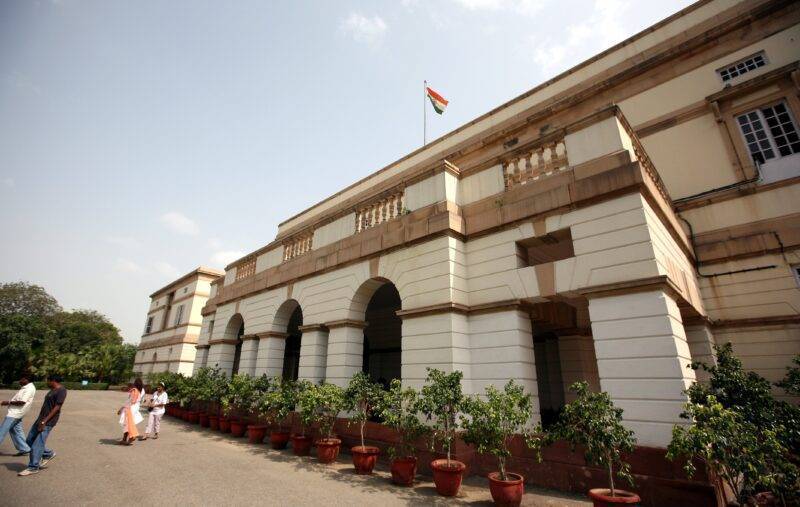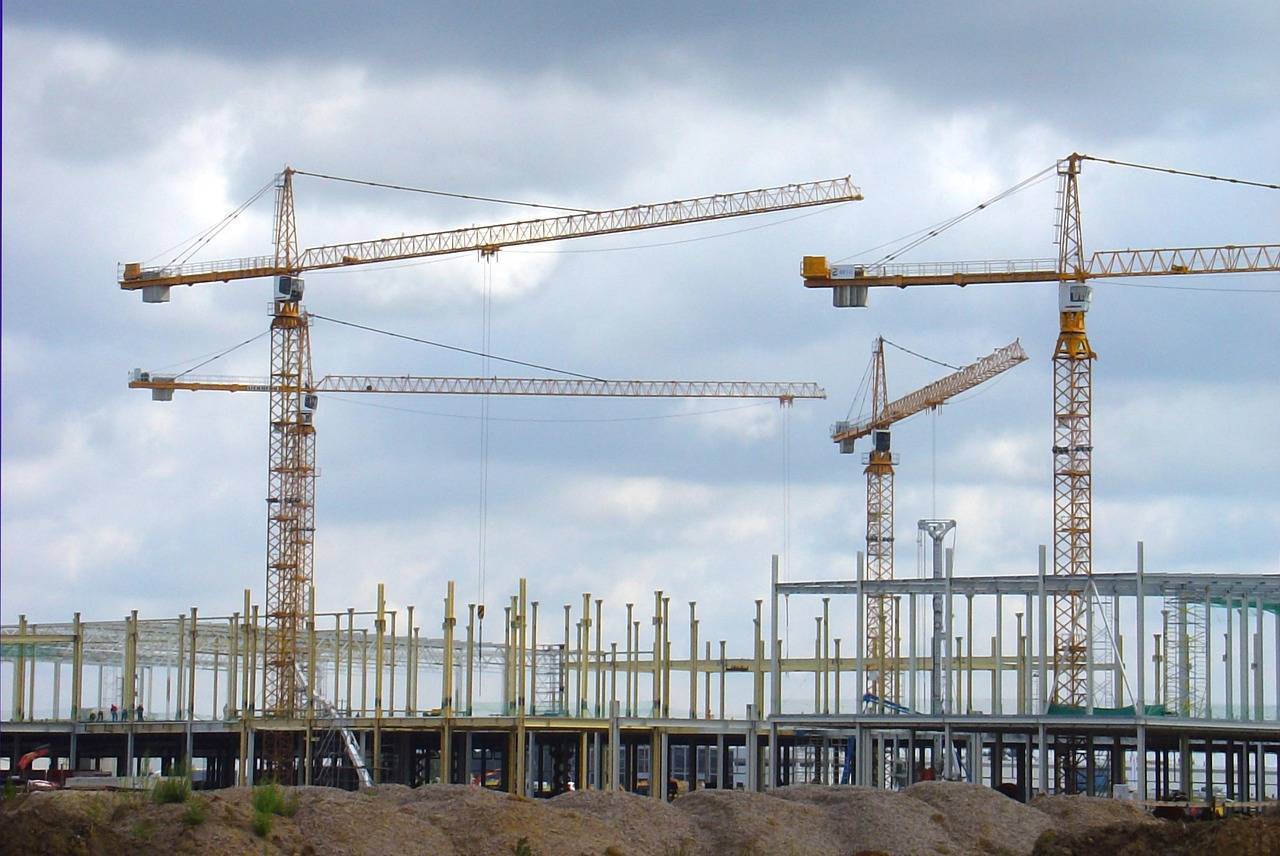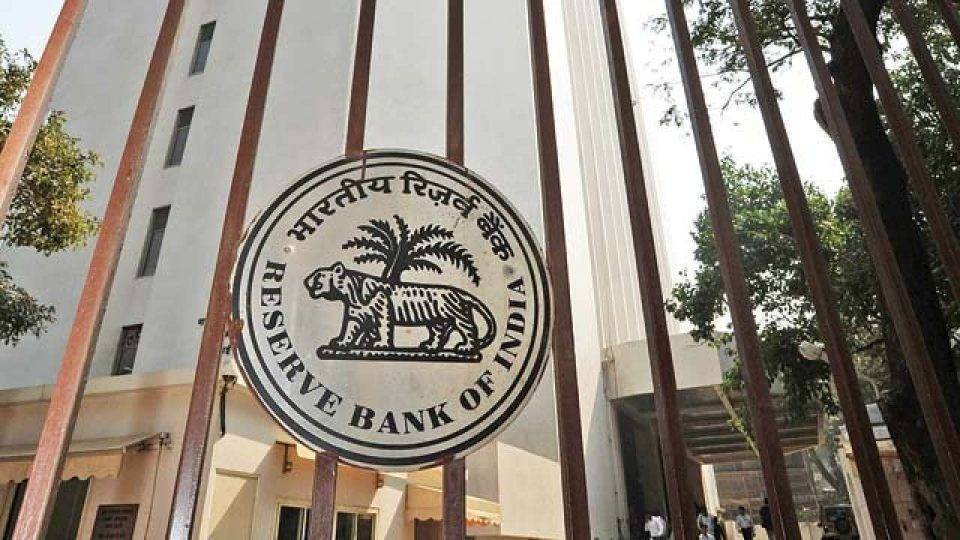The Karnataka government’s recent decision to increase property registration fees by 2% has sparked widespread discontent among citizens, builders, and opposition parties. The hike, raising the combined stamp duty and registration charges to 7.6%, is being criticized as an additional financial burden on people already struggling with rising living costs.
Deputy Leader of Opposition in the state assembly, Arvind Bellad, described the government’s move as an anti-people policy that disproportionately affects poor and middle-class families. He urged the state to immediately roll back the increase, stressing that the sudden hike could make property ownership unaffordable for many households.
Many citizens have echoed this concern. Buyers and builders pointed out that real estate transactions have slowed down significantly since the fee hike, with deed writers in Dharwad reporting stalled registrations in recent days. Several buyers are postponing or cancelling deals due to the increased charges.
Adding to public frustration is the retrospective application of the hike. Documents submitted days before the notification are also being recalculated under the new rate, leaving buyers feeling unfairly burdened. Citizens have argued that this approach shows a lack of sensitivity toward those who had already budgeted their property transactions under the old rates.
Defending the move, Mullai Muhilan, Commissioner of Registration and Stamp Duty, noted that Karnataka’s property registration fees remain lower than in many other states. He also clarified that the revision is intended to ensure better service delivery, and that payment of the revised charges is mandatory for all pending or recently submitted documents.
Despite this explanation, critics maintain that the fee increase could discourage property ownership and weaken confidence in the real estate market. Local residents and builders emphasized that improvements in service should not come at the expense of accessibility for ordinary buyers.
The issue is expected to have political repercussions, with opposition parties using public dissatisfaction to challenge the ruling Congress government ahead of local elections. Analysts suggest that the backlash could influence voter sentiment, particularly among urban middle-class and rural land buyers directly affected by property registration costs.
The demand for a rollback continues to grow as citizens and opposition members push for reconsideration. If protests persist and transactions remain stalled, the government may face pressure to revisit the fee hike to restore confidence in Karnataka’s property market.









.png)